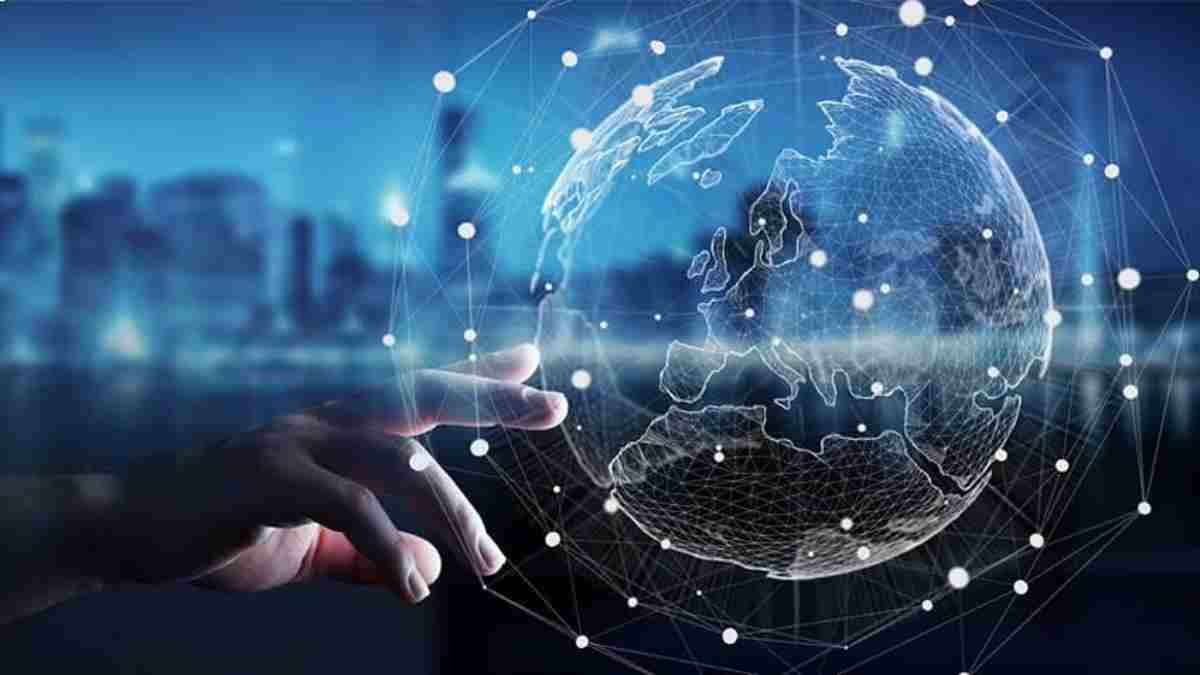Today, about 6.5 billion connected devices exchange information on the Internet. By 2025, that figure will rise to 20 billion. Big data analyzes this sea of data to turn it into the information that is transforming our world.
The digital revolution is changing the economy, society and people. At the heart of this uprising is data from billions of devices. According to the consulting firm Gartner, in 2016 about 6,500 million were recorded and in 2025 there will be more than 20,000 million. Likewise, and according to a leading provider of ICT solutions, the Internet of Things will skyrocket that figure to 100,000 million connected devices.
WHAT IS THE BIG DATA’
Big data is the set of technologies fashion to store, analyze and manage this massive data, a macro tool aimed at identifying patterns in the chaos of information explosion to design intelligent solutions. Today it is use in areas as miscellaneous as medicine, agriculture, gambling or environmental protection.
Its uses are practically endless: the browser knows if the route that a user has consulted suffers from traffic delays and suggests alternatives; a streaming television channelby subscription, it has defined the characters and the plot of its most successful series by analyzing what content its viewers consume and prefer; smart watches record the heart rate of millions of users and identify patterns that anticipate and prevent cardiovascular diseases; moisture sensors in crop fields plan irrigation by combining their data with weather forecasts and so on. Its applications have even reached the political sphere: Juan Verde, the Spanish adviser in the last two campaigns of the Democratic Party in the US, even stated: “These elections are not those of television, they are those of big data “ .
‘BIG DATA’ APPLICATIONS (EXAMPLES)
Studying shopper patterns is already one of the main submissions of advanced data analytics. Social networks —such as Facebook, Twitter or Instagram— are a tool for brands to get to know their consumers and connect with them. Companies have also thrown themselves into the task of obtaining data from consumers. A company specializing in big data and retail intelligence has installed 15,000 sensors in shopping areas in 25 countries. Thanks to the data collected by these sensors, they know that in Spain 36.8% of customers who enter a store end up buying.
The digital transformation in companies brings with it an inflation of data that many organizations do not know how to use and manage, and this is already being perceive in the labor market. According to the employment services company Randstad, specialists in big data is one of the three most sought-after profiles in 2017. As main requirements, companies ask for international experience, strategic vision, analytical capacity and also adaptation to change.
It is expected that in the next six years big data will generate 900,000 jobs worldwide and that companies that make intelligent use of data will increase their productivity by 8%.

